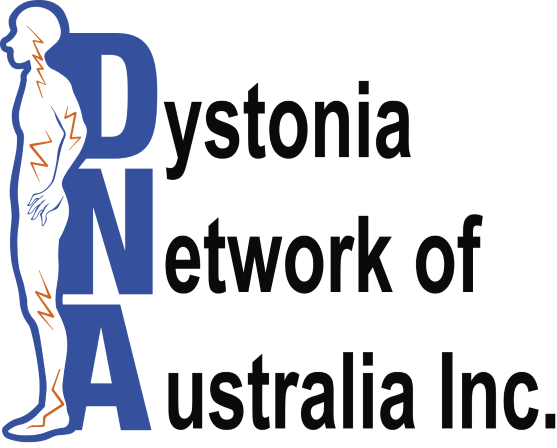A visit to your neurologist should be a positive experience where information is exchanged and treatment options are considered in a collaborative way. It is best if questions are written down prior to the consultation so that you do not forget the issues that are important to you and also that you give the doctor any information that may impact on your future treatment. If you are preparing for your first neurologist’s visit, we have prepared some suggested questions at the bottom of the page.
A neurologist with a special interest in movement disorders will be able to give you the benefit of their experience in treating other patients with dystonia, but keep in mind that everyone is an individual and treatment that is beneficial for some patients does not necessarily suit all patients with the same diagnosis.
Many people find that taking a family member or friend along to the consultation may help in recalling the information discussed. It is important that your General Practitioner is kept in the loop so that he/she can take care of you between visits to the Neurologist.
These lists are not exhaustive and are not intended to be an endorsement of the doctors. Please note that they are specialists and you will need a referral from your general practitioner to make an appointment. Your general practitioner may refer you to another neurologist who specialises in movement disorders. Please also note that some specialists may not be taking on new patients or there may be a lengthy wait time for an initial appointment.
Click on your state below to go to the relevant list of movement disorder neurologists. If you would like to request any updates to these lists please contact us.
Western Australia Neurologists
Some suggested questions you may wish to ask at your first visit to your neurologist
- What tests do you recommend and what is the reason for the tests?
- What is my diagnosis?
- What type of dystonia do I have and what part/s of the body does it affect?
- What is the likely prognosis?
- What are the treatment options?
- What are the side effects of any treatment you recommend?
- Do you recommend any complementary therapy such as neurological physiotherapy?
You could consider taking a family member or friend to your appointment who may help explain your symptoms and also help listen to the information provided by your neurologist. Also show your neurologist any video of your spasms/symptoms (especially if they come and go) and provide details of your medical history and any medications you are currently taking.
More information about neurologist visits, managing the health system and resources that may assist you are in our Members’ Only section.
Page updated 17 November 2023




